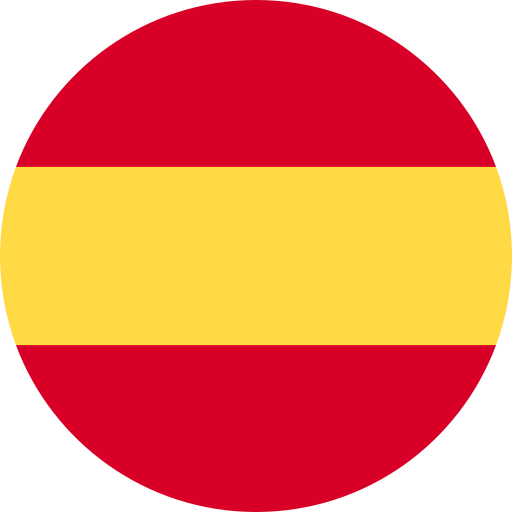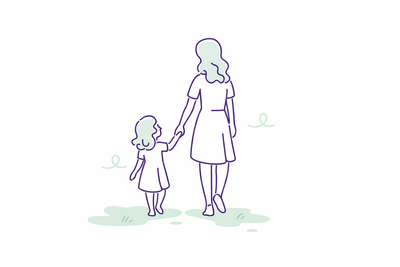An example of how I practice empathy with my kids
Sometimes practical examples teach more than all the theory.

In the last post (which you can find in the recommended posts below), I wrote about how to show empathy to children, because I am convinced that empathy can (and should) be learned and therefore taught. But it is not an easy process and you don't stop learning it… you simply improve. After years of practice, in fact, today I still sometimes fall into the mechanisms of a traditional education, but I have become much better at recognising it and fixing it. To let you understand what I mean, I'll tell you a story.
It's morning, December 2020. After playing letters with the children for an hour, I finally sit down at the computer and leave them to tidy up the letters. Emily doesn't want to help, and Oliver comes to me complaining.
I want to work, I need space. In the last 15mins when I was playing with the kids, I was already thinking about work. Now I need mummy space. I get annoyed. The first words that come out of my mouth are: "Emily, it's not fair that you *never* help tidy up", and "*Next time* you won't play if you *always* make Oliver tidy up".
I bite my tongue. So many mistakes in these few words! These are the words of the traditional education (generaliziations, exaggerations and threats) that I have learned to avoid, because not only do they not educate long term, but they always make the situation worse: Emily is now lying on the carpet, crying.
Today, however, unlike years ago, I understand her. I know she is right. Of course such a sentence hurts her, she loves playing with Oliver and I'm telling her that she won't be able to do it anymore. I don't know when parents learned to hurt their children in order to gain obedience. In general, hurting people should never be a means to an end, and it's surely not what I want to teach my children.
Also, those words are intellectually dishonest, it's not true that Emily *never* tidies up, I said it out of frustration, out of an old habit. I said it as I say "pass me the salt", because it's always been a habit for me to hear this kind of sentences… we all tend to educate they way we were educated.
But when I became a mother, I decided to get off the wheel and I've been working hard to change that mentality ever since. Today, when I'm wrong, I recognise it right away because Oliver and Emily let me know – when children aren't used to being hurt, they are much more sensitive to injustice. With her crying, Emily is telling me that I was unfair. And she is right.
I take a deep breath, sit down next to her and say, “Come on, let's tidy up together. I also played, and it's right for me to tidy up with you”.
She stops crying, wipes her tears with her shirt, and joins me. I put a couple of letters away in the box, then I kiss the kids, and sit back at my computer, sure that Oliver and Emily will now be fine. Together, they put away all the other letters, and start playing another game.
It doesn't take much.
It takes very little.
It takes very little today.
Because all the years I've practiced empathy are finally paying off. Not just for my children's behavior, but especially for my behaviour – they go hand in hand. With each mistake, I learn a little more and fix it a little easier. Because being a parent doesn't just mean raising our children, it means raising ourselves alongside them.
































